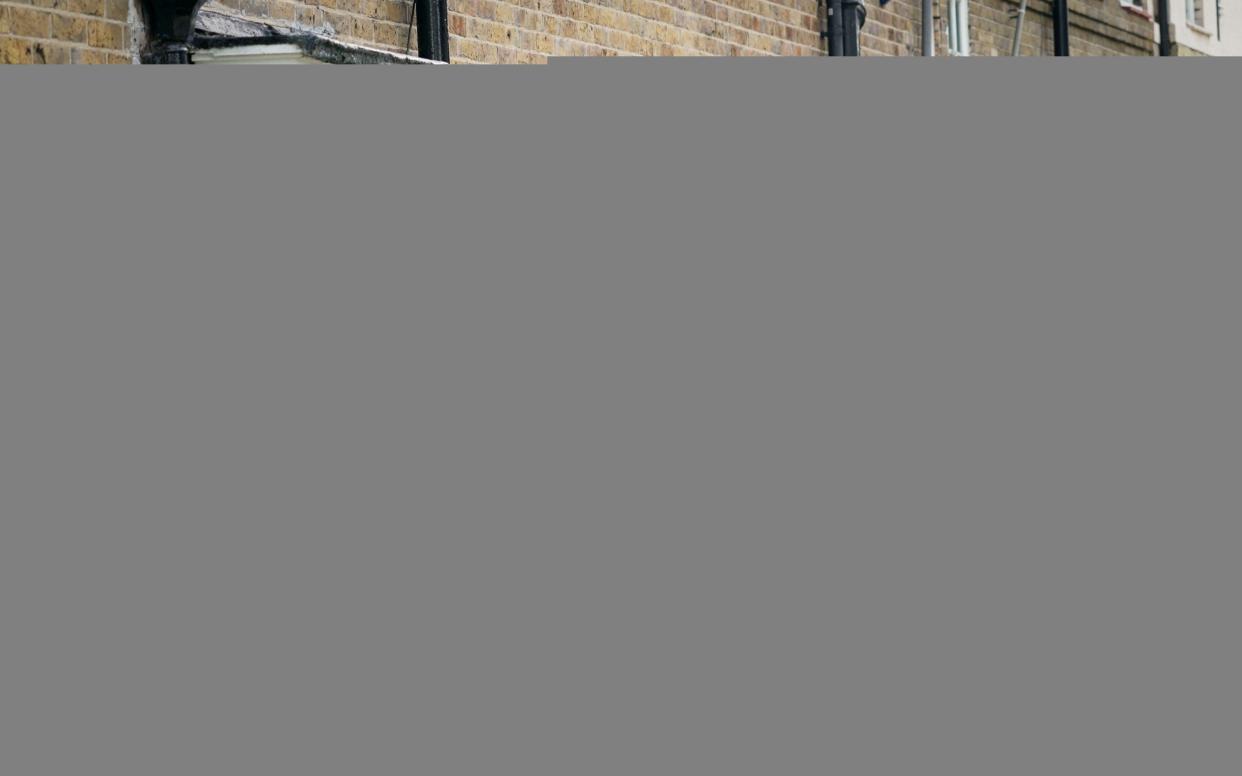I campaigned to make ‘cuckooing’ an offence – now the Government has listened

Earlier this year, I introduced an amendment to the Criminal Justice Bill to make “cuckooing” a criminal offence. Most will not know what this is, so let me explain.
“Cuckooing” is where a vulnerable person is targeted by criminals, who take over their home and use it for crime. Victims’ homes are used to store drugs or weapons (often part of “county lines” drug networks) or for other activities such as prostitution.
Many victims of “cuckooing” face violence and some end up sleeping on the streets as they are so desperate to escape. But the ripple effect reaches beyond just the one victim. Family members may be too afraid to visit. Next-door neighbours face intimidation and anti-social behaviour from those coming and going from the cuckooed home.
One such example of cuckooing is the case of Lee. He had a difficult start in life and suffers from foetal alcohol syndrome, which left him with cognitive impairment and an alcohol addiction. As a result, Lee spent time in care as a child. He was vulnerable and criminal drug dealers targeted him, “befriended” him, and then exploited him by taking over his home.
Once there, they grabbed his phone with his family contact details and commenced blackmailing him. They also took his bank card, kept all his benefits money and stored drugs in his home. Lee had been “cuckooed”.
Yet when Lee initially approached the police because he desperately wanted the drug dealers out of his property, no action was taken. Only after the dealers openly threatened him with a knife and tried to force him to deal drugs was something finally done.
Over recent years, research from the Centre for Social Justice and Justice and Care has uncovered that cuckooing is not a criminal offence. That is not to say that the police and local authorities are ignoring the problem, it’s just that they don’t have the laws at their disposal to deal with such a takeover of someone’s home.
That is why they have had to take recourse to civil closure orders, which have to be applied for by local anti-social behaviour teams. While these might be quick to obtain, they are only temporary. In many cases, they only serve to displace the problem.
There was one case in my constituency where a closure order was obtained but, within days, the same offenders were found to have moved on to take over the flats of two other vulnerable people in the same block.
The other option the police have at their disposal is to prosecute offenders for other crimes they may be committing, such as drug dealing or running a brothel.
However, this takes no account of the victim who has been terrorised in their own home. In fact, the victim is at risk of being prosecuted themselves for allowing the property to be used in this way. The new offence will target the key offence of cuckooing and the harm done to the householder.
Cuckooing is a tactic used by criminal gangs to boost their illegal profits and avoid the police. That’s why we need a cuckooing offence that will enable officers to target those higher up the gang hierarchy who are orchestrating the operation, not just those physically occupying the victim’s home – who are sometimes young people who are being exploited themselves.
I am pleased that, since I introduced my amendment, the Government has agreed with me and is finally taking action. After considering my proposal for a specific cuckooing offence, I am pleased to say that the Government has now tabled its own amendments to the Criminal Justice Bill to do just that.
Working together, we can get the best legislation to provide victims with the protection they need. No longer will criminals be able to prosper by using vulnerable people’s homes to facilitate their crimes, leaving them living in fear.
Rt Hon Sir Iain Duncan Smith is a former leader of the Conservative Party

